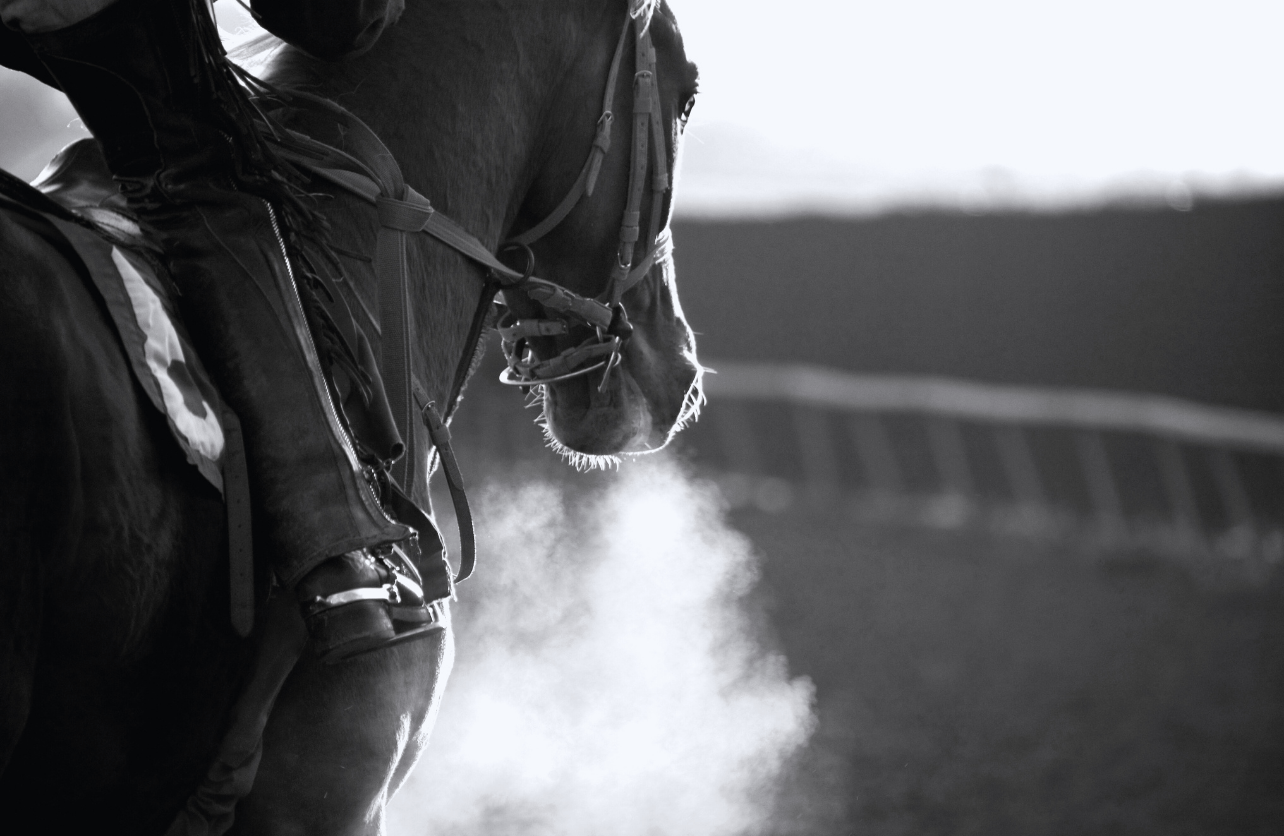How Fast Can a Horse Run?

Horses are celebrated for their speed, strength, and grace, characteristics that have been admired and utilized for centuries. From racing tracks to open fields, their ability to cover ground quickly is a testament to their natural athleticism. But how fast can a horse really run? The answer depends on several factors, including the breed, training, and environment. Let’s dive deeper into the world of equine speed to understand what makes these animals such remarkable runners.
Average Speed of a Horse
On average, horses can gallop at speeds between 25 to 30 miles per hour (40 to 48 kilometers per hour). This is their natural top speed when galloping at full effort, which they can sustain for short periods. However, specific breeds, specialized training, and ideal conditions can significantly enhance their performance, allowing some horses to run much faster.
Fastest Horse Breeds
Different horse breeds exhibit varying speed capabilities due to their genetics, build, and intended purposes. Here are some of the fastest breeds:
American Quarter Horse
The American Quarter Horse holds the title of the fastest horse breed over short distances, particularly a quarter-mile. These horses can reach incredible speeds of up to 55 miles per hour (88.5 kilometers per hour). This explosive speed makes them ideal for short sprints in rodeos, barrel racing, and other fast-paced events.
Thoroughbred
Thoroughbreds are bred for endurance and long-distance racing. While not as quick as Quarter Horses over short sprints, they can maintain speeds of around 40 to 44 miles per hour (64 to 71 kilometers per hour) during races. This balance of speed and stamina makes them the stars of prestigious events like the Kentucky Derby.
Arabian
Arabian horses are renowned for their endurance rather than outright speed. However, they can still achieve speeds of 34 to 40 miles per hour (55 to 64 kilometers per hour) while maintaining that pace over longer distances. Their stamina makes them a favorite in endurance races and long treks.
Record-Breaking Speeds
Horses have pushed the limits of speed, setting remarkable records:
- Fastest Sprint: An American Quarter Horse named A Long Goodbye holds the record for the highest speed ever recorded by a horse, reaching an astonishing 55 miles per hour (88.5 kilometers per hour).
- Fastest Thoroughbred Race: The Guinness World Record for the fastest Thoroughbred speed is held by Winning Brew, who achieved 43.97 miles per hour (70.76 kilometers per hour) over two furlongs (0.25 miles) in 2008.
These achievements highlight the incredible athletic potential of horses under optimal conditions and with the right training.
Factors That Influence a Horse’s Speed

Several factors determine how fast a horse can run, including:
Breed Genetics
A horse’s genetic makeup significantly impacts its speed. Breeds like Quarter Horses and Thoroughbreds are specifically bred for racing and possess physical traits such as powerful hindquarters and lean frames that enable them to run faster.
Training and Conditioning
Regular training builds a horse’s cardiovascular endurance, muscle strength, and agility. Well-conditioned horses are not only faster but can also sustain their top speeds longer without risk of injury or fatigue.
Age and Health
Younger, healthy horses tend to be faster and more energetic than older ones. Proper nutrition and medical care also play crucial roles in maintaining peak performance.
Track and Terrain
The surface on which a horse runs can affect its speed. Smooth, firm tracks offer better traction and allow horses to reach higher speeds. In contrast, uneven, slippery, or overly soft terrain can slow them down and increase the risk of injury.
Rider and Equipment
The skill of the rider and the type of tack (equipment) used can also influence a horse’s speed. Skilled jockeys know how to guide a horse efficiently, while lightweight, streamlined equipment reduces drag and enhances speed.
How Long Can Horses Sustain Their Speed?
While horses can reach impressive speeds, their ability to sustain those speeds varies. A Quarter Horse, for example, can sprint at maximum speed for about a quarter-mile, after which it must slow down to avoid exhaustion. Thoroughbreds, on the other hand, can maintain high speeds over distances of up to 1.5 to 2 miles (2.4 to 3.2 kilometers), thanks to their endurance-focused breeding.
Applications of Equine Speed
Horses’ speed is not just a marvel of nature but also serves practical and competitive purposes:
- Racing: Events like Thoroughbred racing and Quarter Horse sprints capitalize on the natural speed of these breeds.
- Work and Transportation: In some rural areas, horses are still relied upon for transport and work, where their speed and stamina prove invaluable.
- Recreation and Sports: Horses are used for activities like polo, showjumping, and endurance riding, which depend on their speed and agility.
Final Thoughts
Horses are built for speed, and their performance is influenced by breed, training, and environmental factors. While the average horse can gallop at 25 to 30 miles per hour, certain breeds, such as Quarter Horses and Thoroughbreds, can reach extraordinary speeds under the right conditions.
These remarkable animals combine genetics, physical ability, and training to achieve impressive feats in racing, work, or recreational activities. Understanding what affects a horse’s speed can help owners, trainers, and enthusiasts appreciate their potential and care for them in a way that enhances their natural abilities.
Your Pet’s Best Interest, Always
At Pet Institute, we take pet care seriously. We're dedicated to transparency, impartiality, and the well-being of your pets in every article, review, and recommendation we provide. Our unwavering commitment to these principles ensures that you, our valued reader, always receive reliable and unbiased information. Let us be your trusted guide in the world of pet care and companionship.